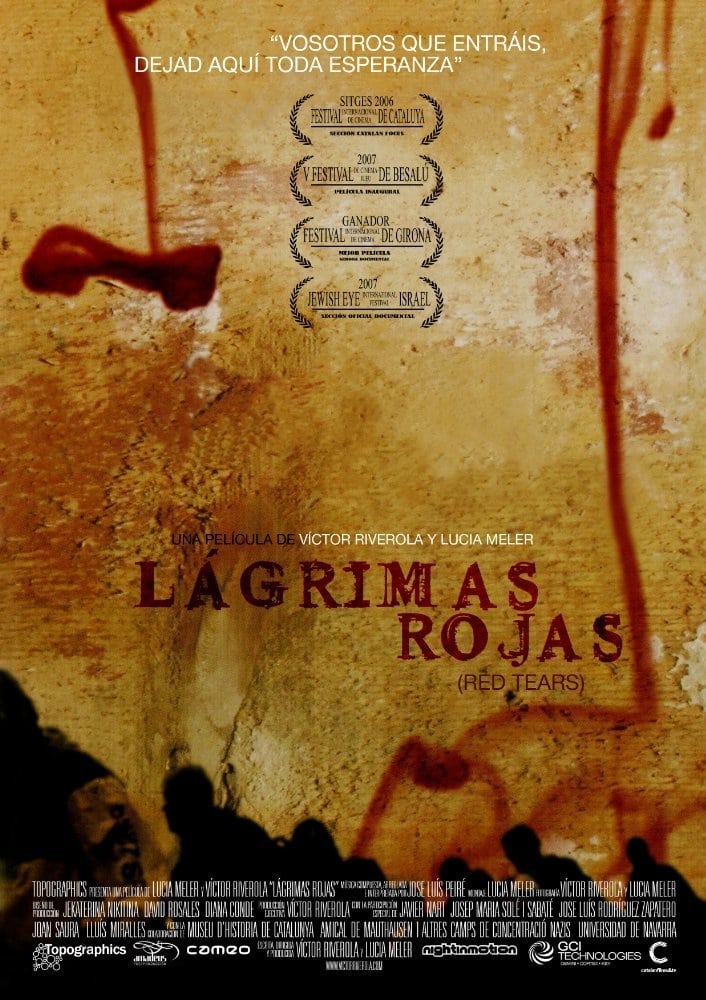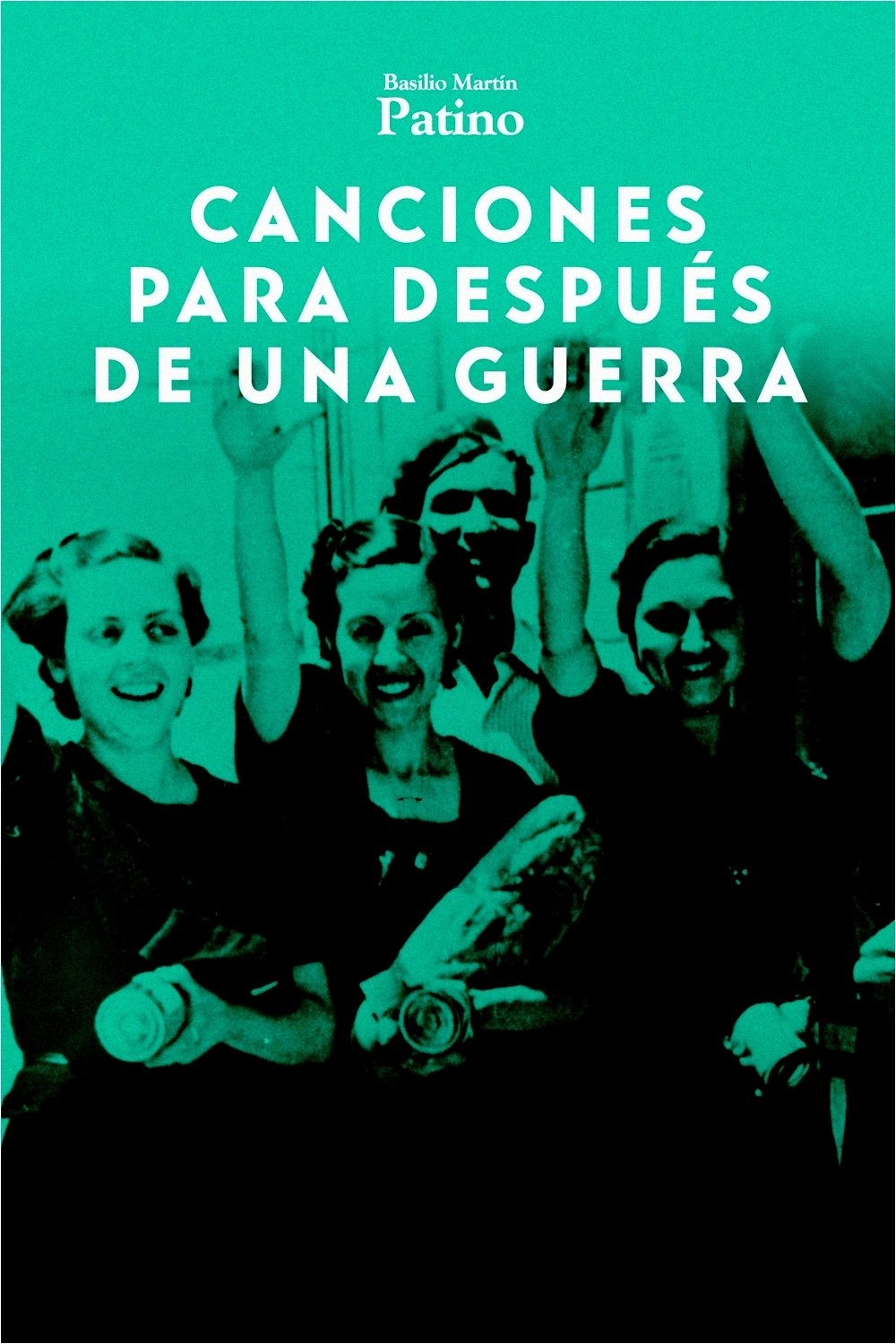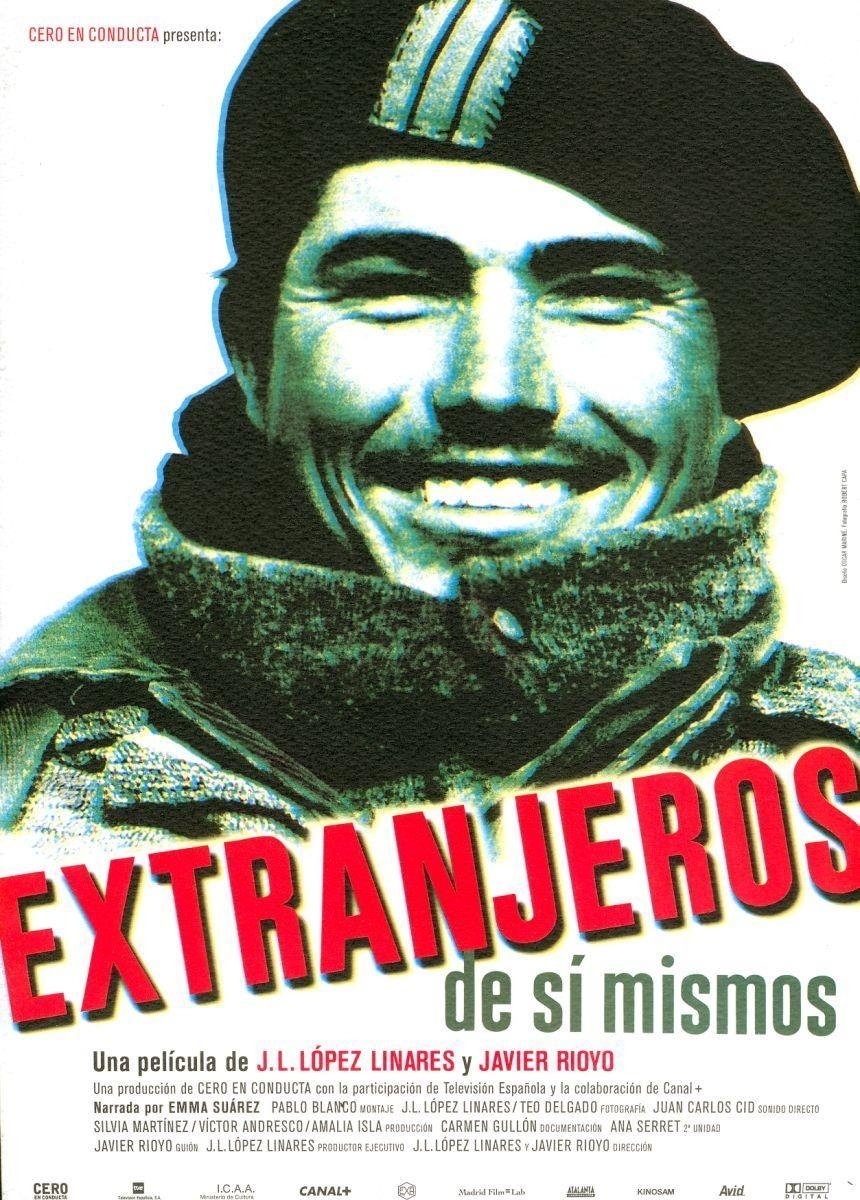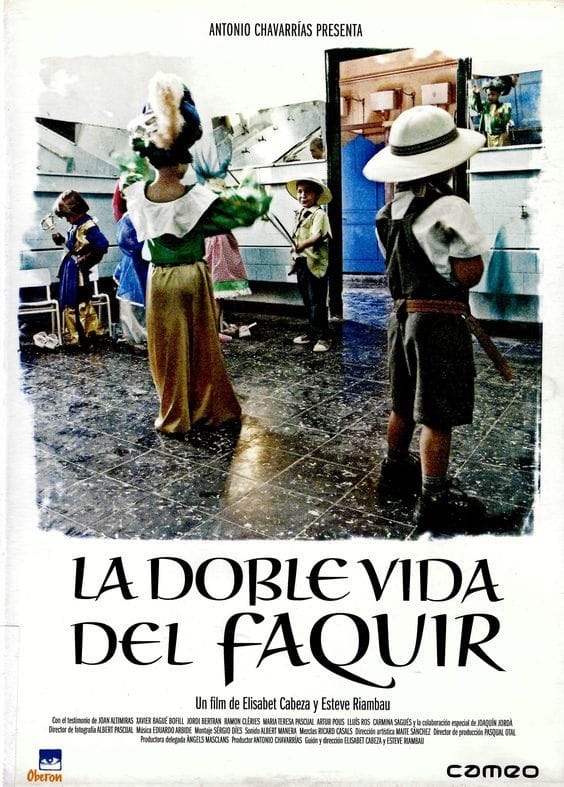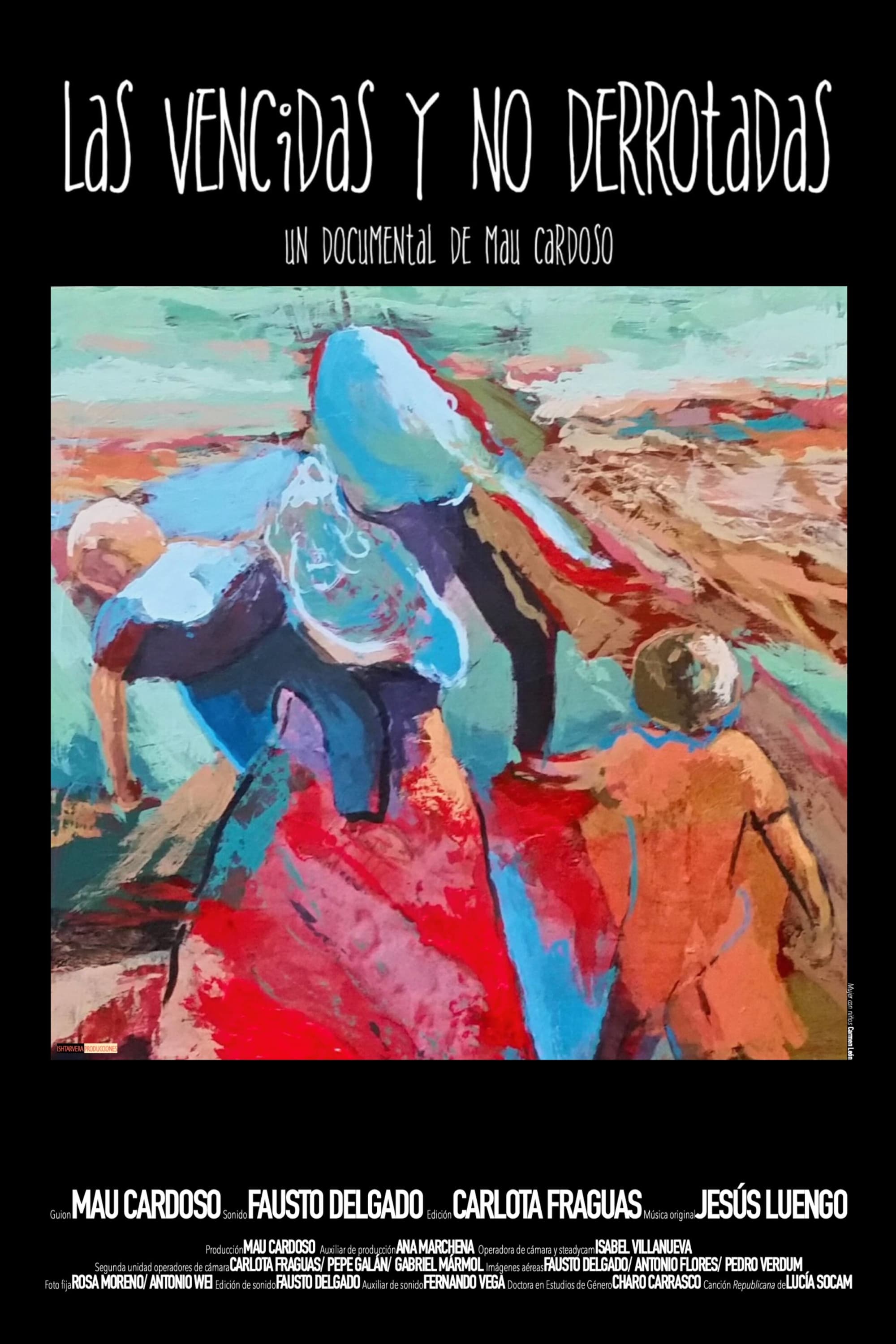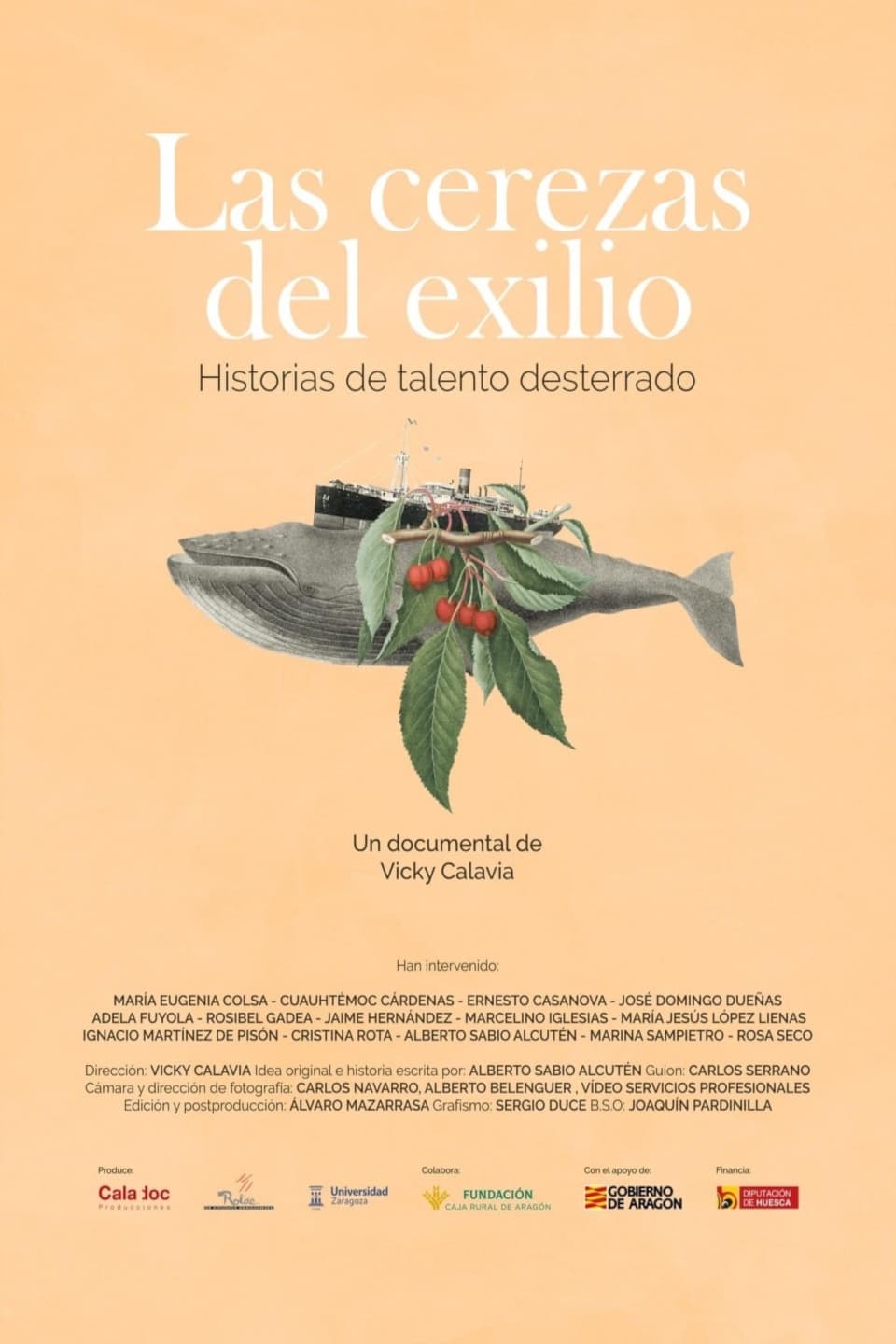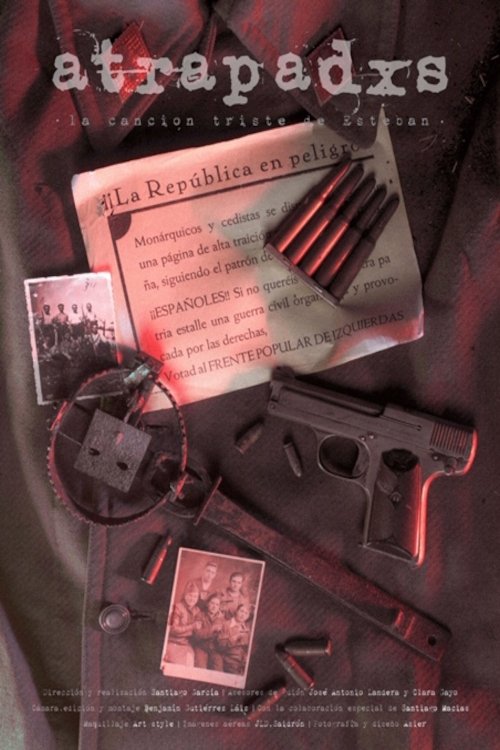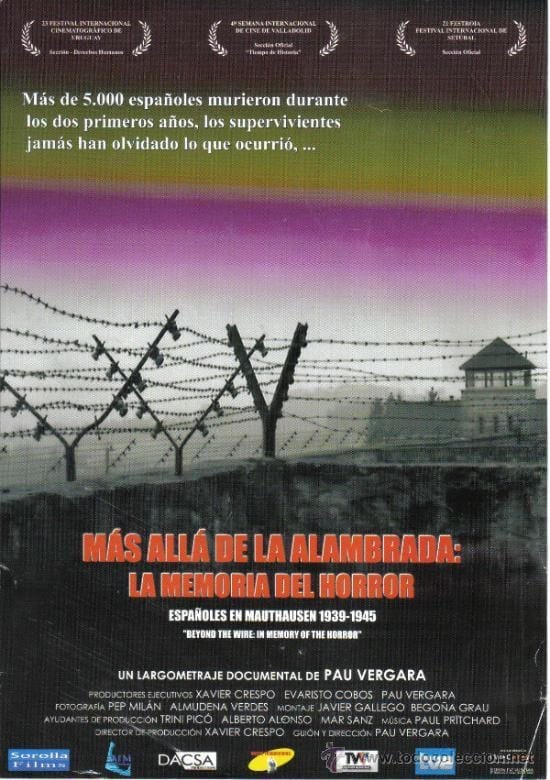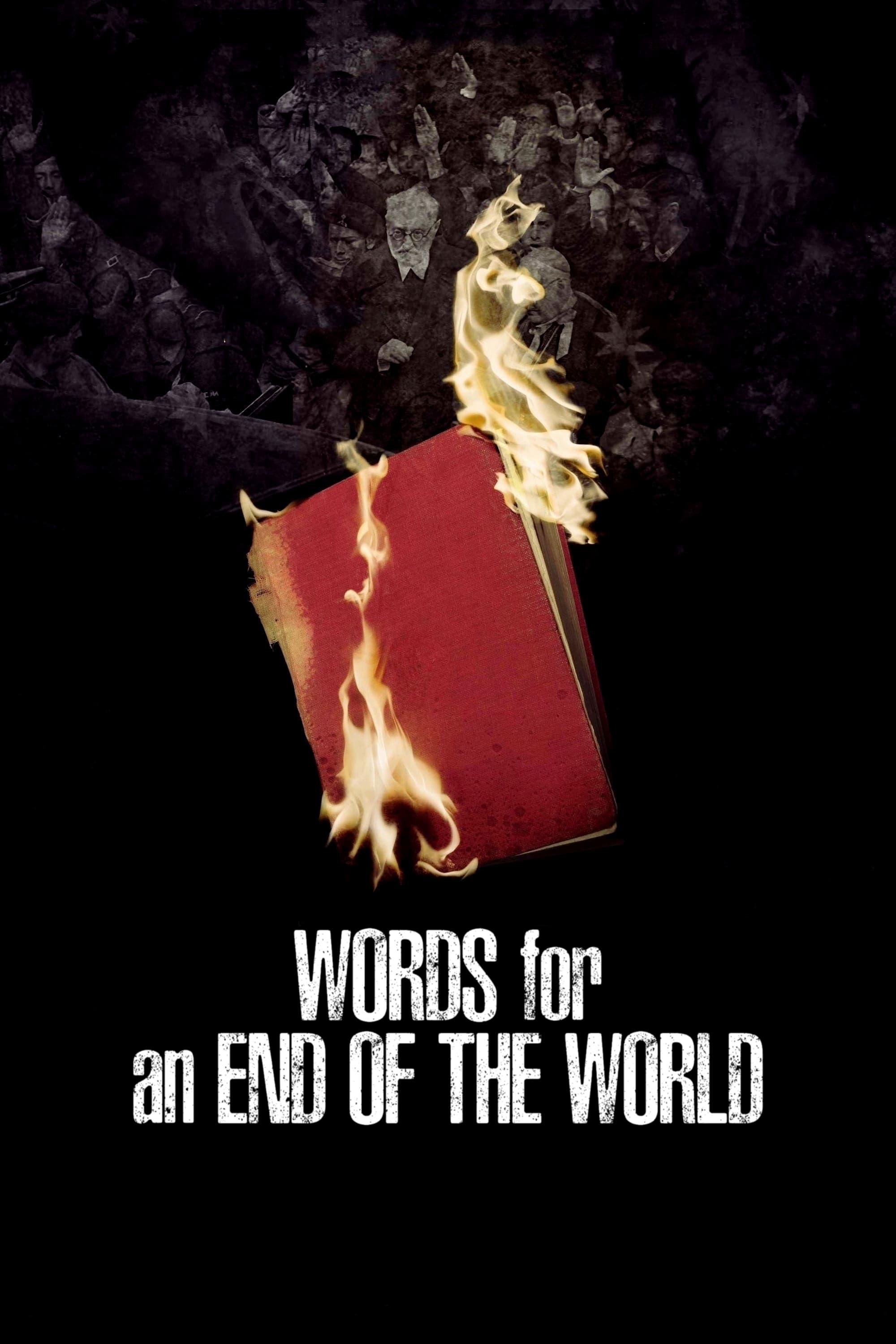La Mancha y el azafrán (1937)
Overview
Production Companies
Additional Info
| Budget | $0.00 |
|---|---|
| Revenue | $0.00 |
| Original Language | es |
| Popularity | 0.1604 |
Directed By
Arturo Ruiz Castillo
Crew
Arturo Ruiz Castillo
TOP CAST
Similar Movies
Caudillo
Caudillo is a documentary film by Spanish film director Basilio Martín Patino. It follows the military and political career of Francisco Franco and the most important moments of the Spanish Civil War. It uses footage from both sides of the war, music from the period and voice-over testimonies of various people.
Songs for After a War
A particular reading of the hard years of famine, repression and censorship after the massacre of the Spanish Civil War (1936-39), through popular culture: songs, newspapers and magazines, movies and newsreels.
Amour de vivre
An account of the brief life of the writer Albert Camus (1913-1960), a Frenchman born in Algeria: his Spanish origin on the isle of Menorca, his childhood in Algiers, his literary career and his constant struggle against the pomposity of French bourgeois intellectuals, his communist commitment, his love for Spain and his opposition to the independence of Algeria, since it would cause the loss of his true home, his definitive estrangement.
In Battle Against the Enemy of the World: German Volunteers in Spain
Nazi propaganda film about the Condor Legion, a unit of German "volunteers" who fought in the Spanish Civil War on the side of eventual dictator Francisco Franco against the elected government of Spain.
La doble vida del faquir
La doble vida del faquir (The magicians) returns to the scene of a school in the Catalan town of Sant Julià de Vilatorta where, in 1937, in the midst of civil war, a film-maker in hiding and a group of orphaned children dressed up as sultans and explorers shot an exotic adventure film. The films protagonists relive those childhood days when they were able to switch their school smocks for oriental turbans, while reality imposed its own fancy dress ball with military uniforms and priests dressed in civilian garb.
Pitiusas 1936-1939. Los Años Grises (2ª Parte)
On September 13, 1936, Ibiza is bombed. The republican forces flee the island, but not before mass shooting all the prisoners locked up in the city castle. On September 20, the so-called national forces landed, under the command of Commander Antonio Montis Castelló and Arconovaldo Bonacorsi, better known as Conde Rossi, who began a harsh repression that would last beyond the end of the war.
Las vencidas y no derrotadas
In 1936, after the coup d'état perpetrated by Franco against democratic Spain and the subsequent dictatorship that followed a bloody Civil War, women suffered physical, sexual, economic, educational and political violence, leading to the largest theft of babies in the world. History of recent Europe. 'Las vencidas y no derrotadas' is a documentary with the testimonies of these women, whose faces bear the mark left by unhealed wounds. Its protagonists tell us about real events, reliving events that were milestones in their families, towns and cities, supported by graphic documentation of family and personal memories, as well as images and audios from historical archives.
Las cerezas del exilio
This film reveals testimonies, reflections and memories from the experience of many Aragonese who, after the Republican defeat in the civil war, had to cross the Atlantic in search of survival.
La Canción Triste de Esteban
This is the story of a forbidden song that mourned Esteban Ramón. Born in 1914, into a very humble family, the implacable Bercian mountains would be the silent witnesses of a sung tragedy whose notes we should not forget.
Behind Natacha Rambova's Shadow
The adventurous life of Natacha Rambova (1897-1966), an American artist, born Winifred Kimball Shaughnessy, who reincarnated herself countless times: false Russian dancer, silent film actress, scenographer and costume designer, writer, spiritist, Egyptologist, indefatigable traveler, mysterious and curious; an amazing 20th century woman who created the myth of Rudolph Valentino.
Words for an End of the World
Spain, April 14, 1931. The Second Republic is born. From the beginning, the writer Miguel de Unamuno is considered one of the ethical pillars of the new regime. Five years later, on December 31, 1936, a few months after the outbreak of the Spanish Civil War (1936-39), Unamuno dies at his home in Salamanca, capital of the rebel side, led by General Francisco Franco, and main center of dissemination of its propaganda apparatus.
